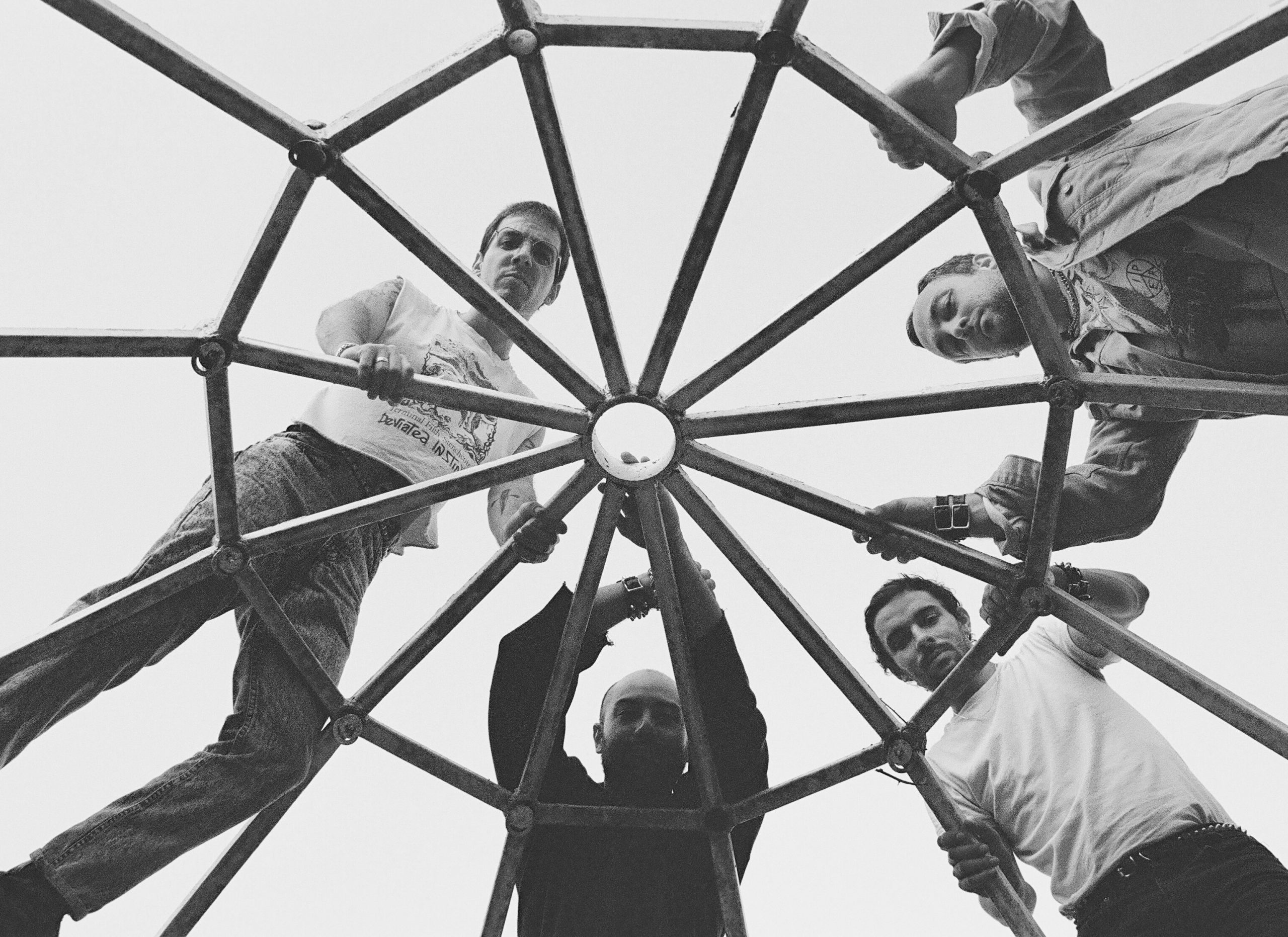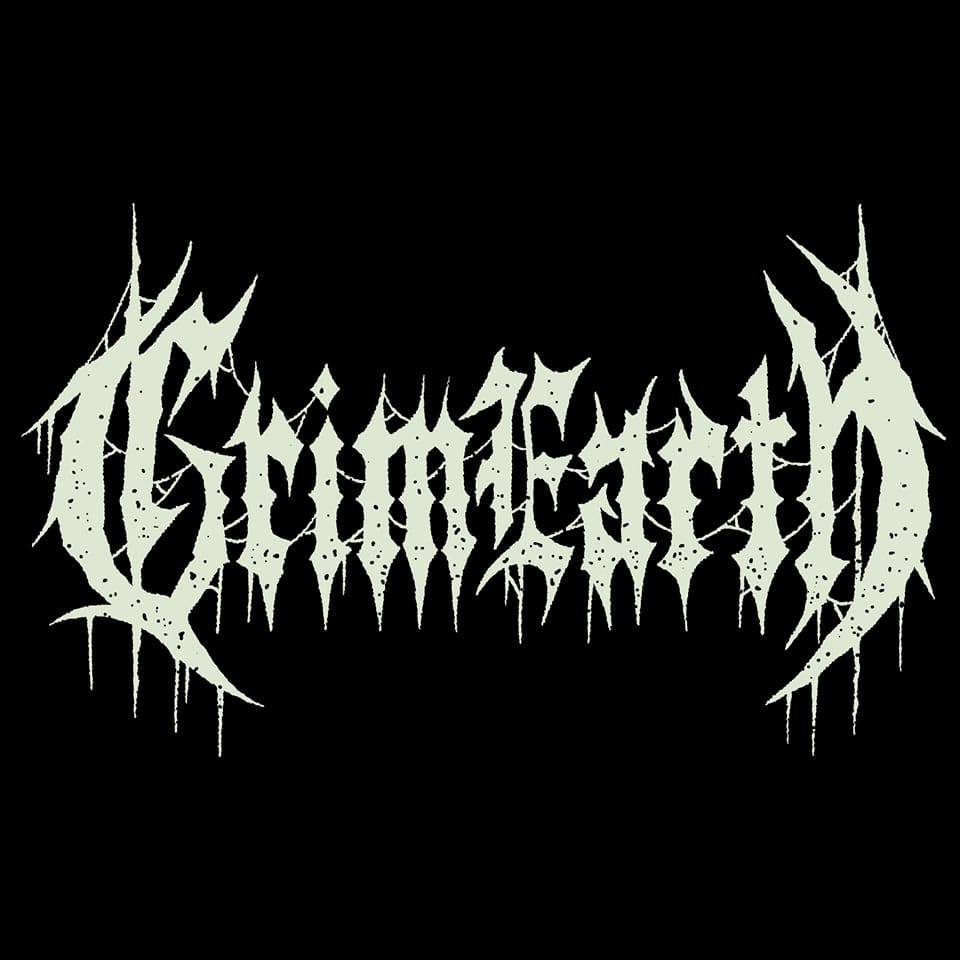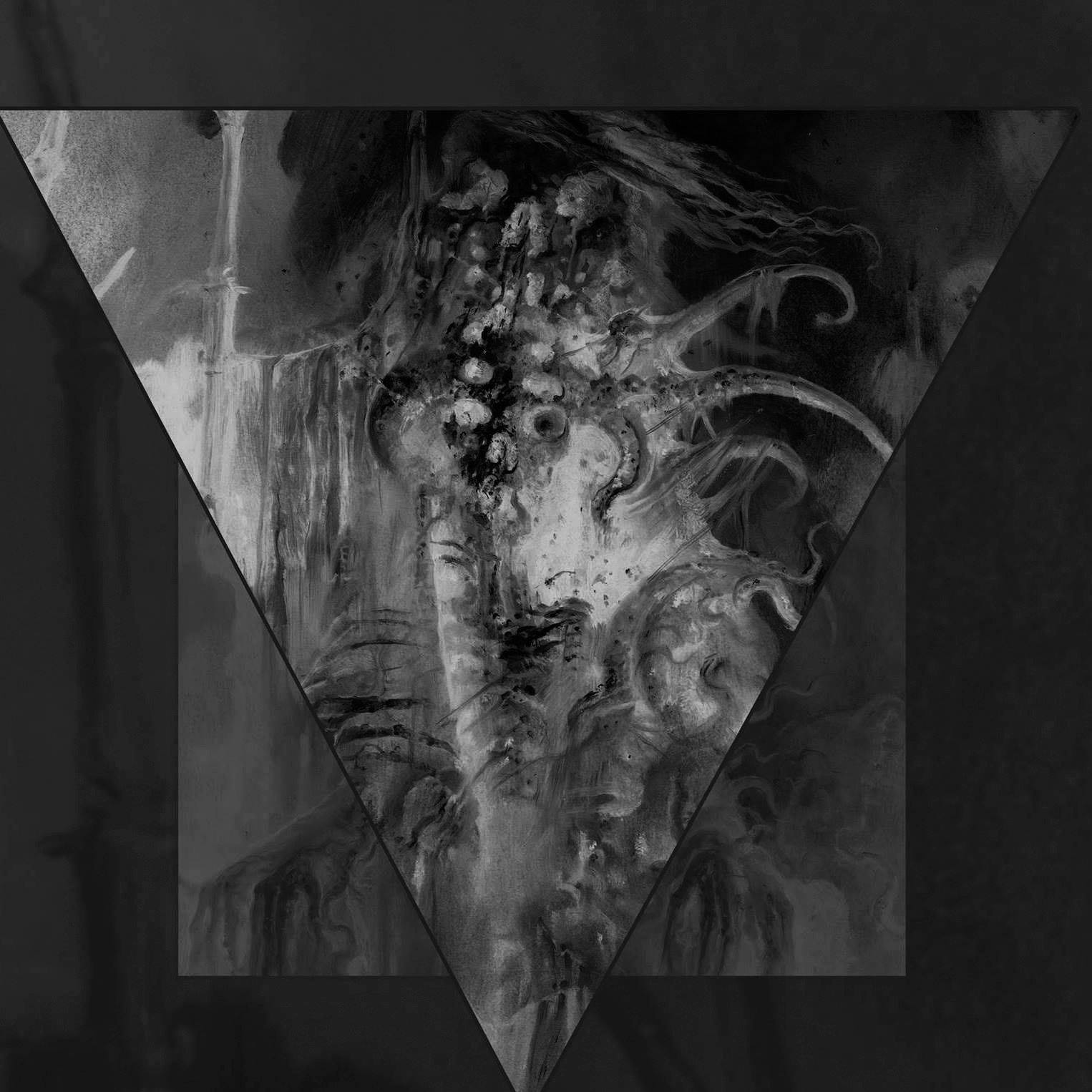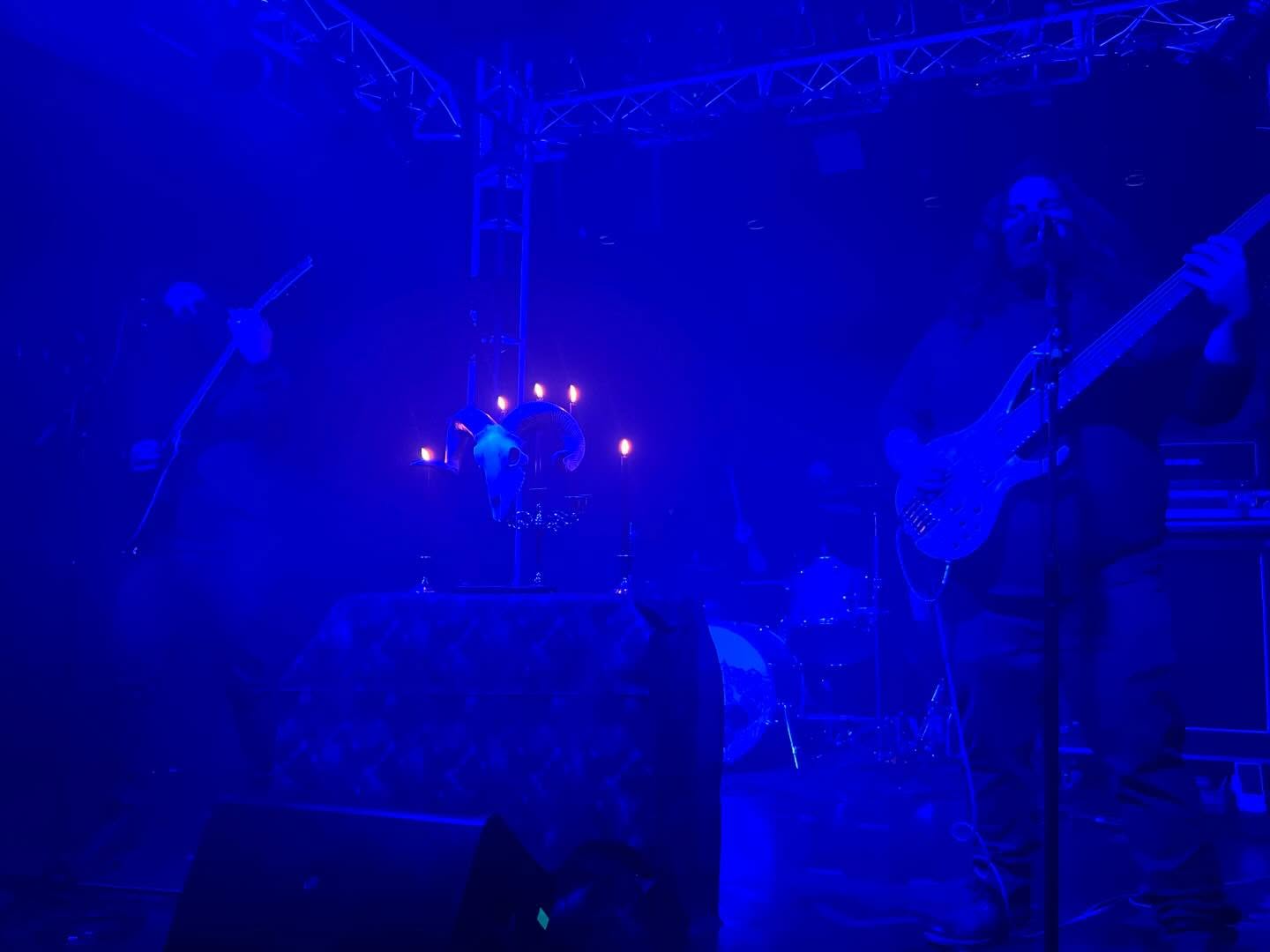
Evoking a rich tapestry of ice-caked forests, peasant revolts, and silent knights, Poison Ruïn stab at the pulsing heart of what it means to live under the permanent midnight of contemporary life. Harvest gazes at the world with a sense of grave seriousness, its stare softened only by the alluring seduction of a dream world’s open-ended possibility. These songs move with a type of uncanny confidence, assembling an array of references to past styles and sensibilities that collapse in on one another, congealing into a truly unique sonic landscape.
Poison Ruïn have constructed a fantasy world of a better future. They do not flinch in the face of darkness or peddle in empty utopian gestures, but rather harness the energies of revenge and comradery to stoke the desire for a better world made material.
Its title track interplays between softly transitory instrumentals and sonic barrages, juxtaposing piano passages against a drawling, sitting-on-the-edge-of-the-world vocal line. Frantic instrumentals race forward with bold highs, shifting effortlessly from urgent funeral marches to subtly power pop inflected choruses. “Harvest” is a metaphor for workers’ struggle - a bitter calls to arms.
With Harvest, Poison Ruïn aligns their sonic palette to their godless, medieval-inflected aesthetic symbolism, creating a record which strikes with an assured sense of blackened harmony.
“I’ve always found fantasy tropes to be incredibly evocative,” vocalist/guitarist Mac Kennedy notes, “that said, even though they are a set of symbols that seem to speak to most people of our generation, they are often either apolitical or co-opted for incredibly backwards politics.” With Harvest’s lyrics and imagery, Kennedy reworks fantasy imagery as a series of totems for the downtrodden, stripping it of its escapist tendencies and retooling it as a rich metaphor for the collective struggle over our shared reality: “Instead of knights in shining armor and dragons, it’s a peasant revolt,” he explains, “I’m all for protest songs, but with this band I’ve found that sometimes your message can reach a greater audience if you imbue it with a certain interactive, almost magical realist element.”
These are not superficial or self-aggrandizing political statements. Rather, Poison Ruïn stares into the abyss of present-day life with a sober and empathetic outlook, portraying our cracked reality as a complex and difficult to parse miasma of competing desires.
Philadelphia’s Poison Ruïn first emerged in April of 2020 with their eponymous EP, which was followed shortly by a second eponymous EP the following February, both self-released. While they share a certain affinity for rough-around-the-edges, lo-fidelity stones with their compatriots Devil Master and Sheer Mag, Poison Ruïn wants things bleaker. The up-tempo guitar heroics of their first two EPs (which were collectively released as a S/T LP in February of 2021) have been dragged through the trenches, emerging as a heavy morass of breathless gloom. With Harvest, Poison Ruïn have constructed a richly chilling fable out of modern living. Their tale is as lurid as it is seductive, as much a promising fantasy as it is a dreary portrait of reality itself.
Poison Ruïn Relapse debut, Harvest was mastered by Arthur Rizk. It sees its release on April 14 alongside the reissue of their eponymous 2021 LP which has established the band as one of punk and the underground’s newest beloved treasures.
PAST SHOWS
SIMILAR ARTISTS








